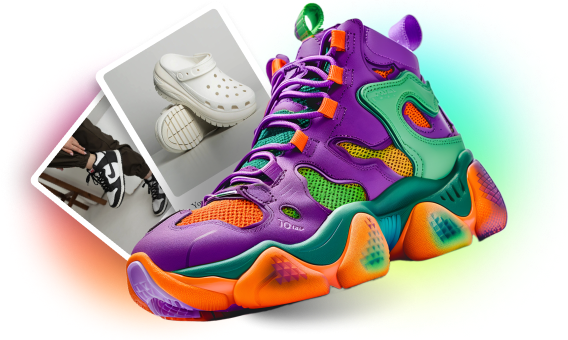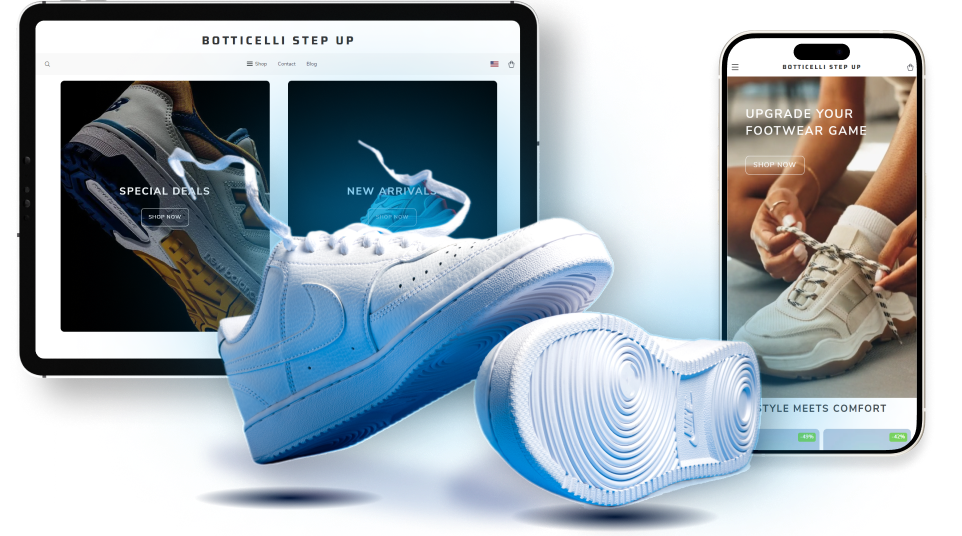Comparing Sneaker Brands: How To Pick Your Perfect Pair
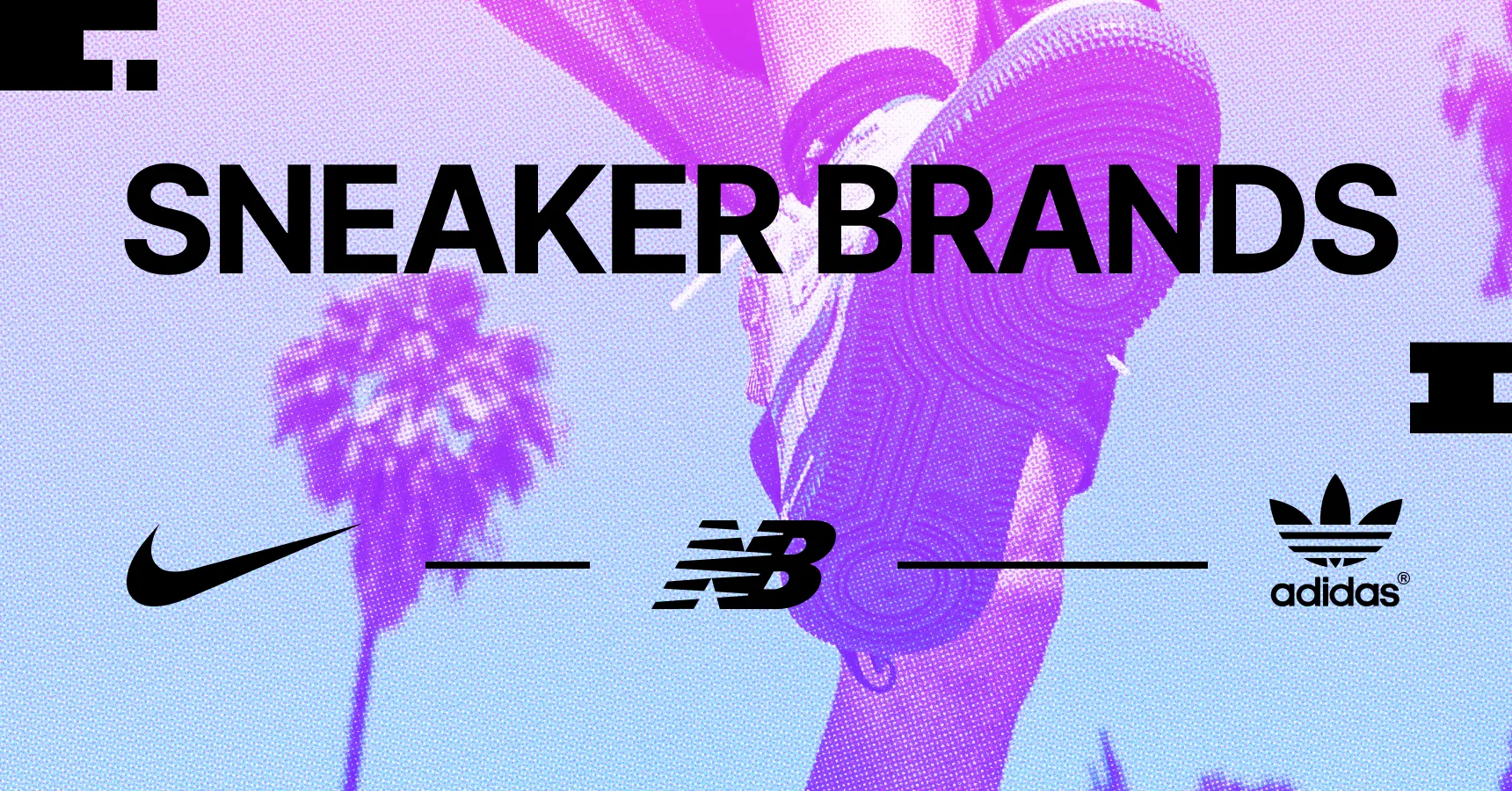
Some shoes just feel right the moment you slip them on. Others look great but never quite fit your style – or your feet. That’s where knowing a bit about sneaker brands helps. Each one carries its own story, design sense, and purpose. Some chase innovation. Others stick to heritage and nostalgia.
You don’t need to be a collector to care about that. Whether you wear sneakers to work, to run, or just to live in comfort, the brand behind them shapes the experience. The problem? There are dozens claiming to be “the best.”
This guide breaks things down. We’ll explore how top and niche names differ, what makes a pair worth the price, and how to choose one that fits your lifestyle – not just your outfit. Think of it as your cheat sheet to understanding what makes each sneaker label stand out.
Why the brand behind your sneakers actually matters
Not all sneakers are created equal. Sure, two pairs might look similar from a distance, but the moment you walk a few steps, the difference shows. That gap often comes down to the brand behind them – how it designs, tests, and tells its story.
Some brands build their identity on performance. They chase lighter soles, breathable fabrics, and cutting-edge cushioning. Others lean on culture and heritage, keeping old-school silhouettes alive because nostalgia never really goes out of style. And then there are the crossover players, blending fashion and function so you can wear the same pair to brunch and the gym.
Because every brand focuses on something slightly different, your choice becomes more personal than it seems. Picking between top sneaker brands like Nike, Adidas, or New Balance isn’t just about looks; it’s about what you value – innovation, craftsmanship, or everyday comfort.
What’s more, the name on your shoes often shapes how people see them. A Swoosh or three stripes carries decades of recognition and cultural weight. Smaller labels, on the other hand, often attract people who prefer to stand out from the crowd. Either way, the story behind the brand adds meaning to every step you take.
Even the resale market reflects this. Limited drops, celebrity collaborations, and brand partnerships can turn an ordinary pair into an investment piece overnight. So, while sneakers are practical, the brand’s vision – and reputation – can make them feel like more than just footwear.
In the end, understanding why brands matter helps you buy smarter. Instead of being swayed by hype, you start noticing what really fits your needs and personality. And that’s when sneakers stop being just shoes – and start becoming part of your style DNA.
Major players: The benchmark sneaker brands
When most people think of sneakers, a handful of names immediately come to mind. These brands have shaped the market, influenced style trends, and earned a reputation that stretches beyond sports. Let’s break down what makes them stand out.
Nike
Nike needs little introduction. Known for innovation and iconic designs, it’s been a leader for decades. The brand’s strength lies in its balance of performance and style. Running shoes like the Air Zoom series show cutting-edge technology, while Air Force 1 and Air Max lines have become cultural staples.
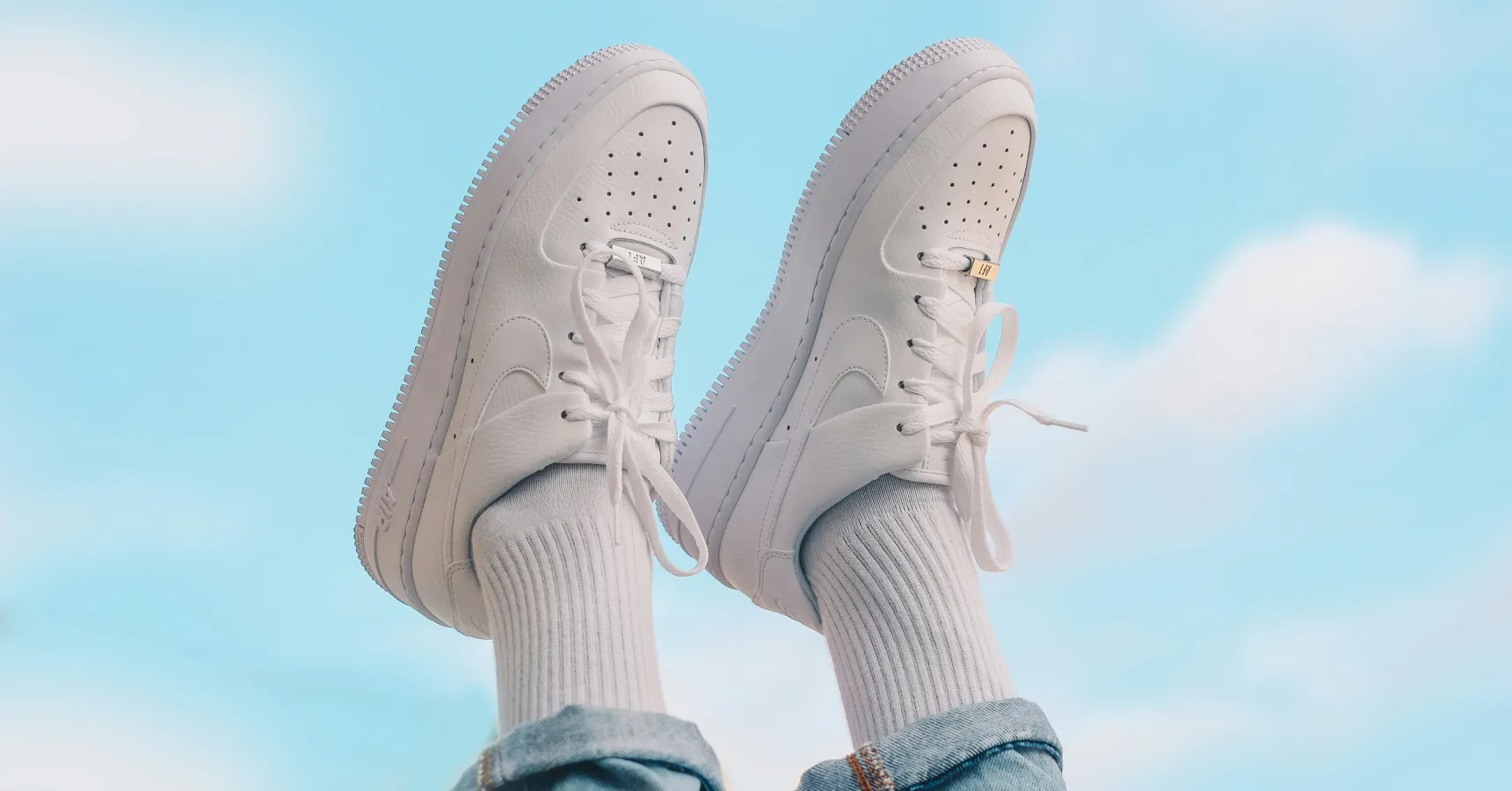
Collaborations with athletes and designers add another layer of hype, making Nike a brand that blends utility and street credibility.
Adidas
Adidas has built its reputation on versatility. The “Three Stripes” are instantly recognizable, but it’s the combination of fashion and function that keeps the brand relevant. Originals like the Stan Smith and Superstar continue to sell for their timeless appeal, while lines like Ultraboost highlight innovation for runners.
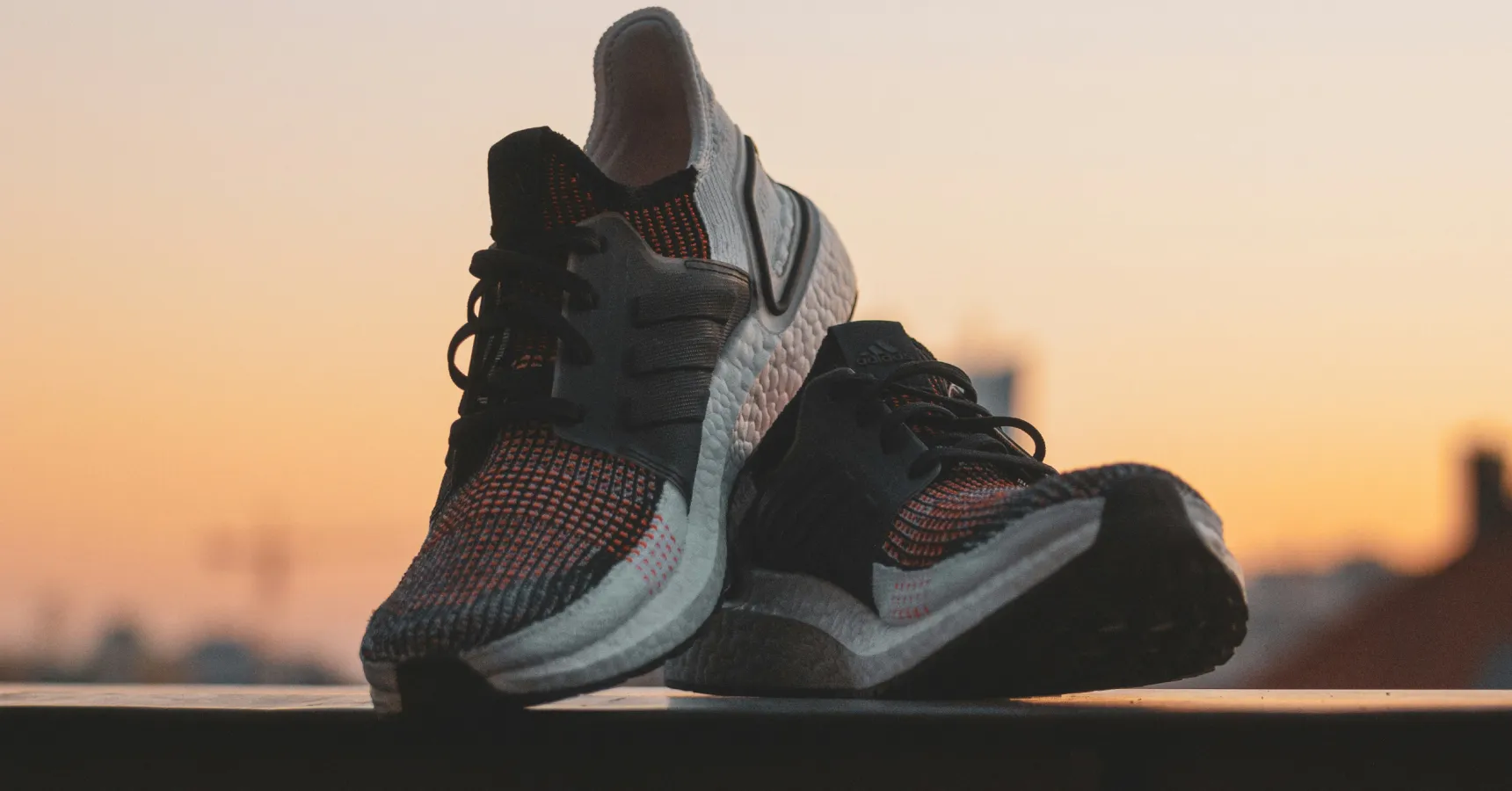
Adidas also leads in sustainable initiatives, creating shoes from recycled materials, which adds another reason people choose them.
New Balance
If comfort and fit are your priorities, New Balance is worth a look. Known for quality craftsmanship and supportive designs, the brand has recently surged in popularity as the “dad-shoe” trend took off. Models like the 990 series blend retro looks with modern cushioning.
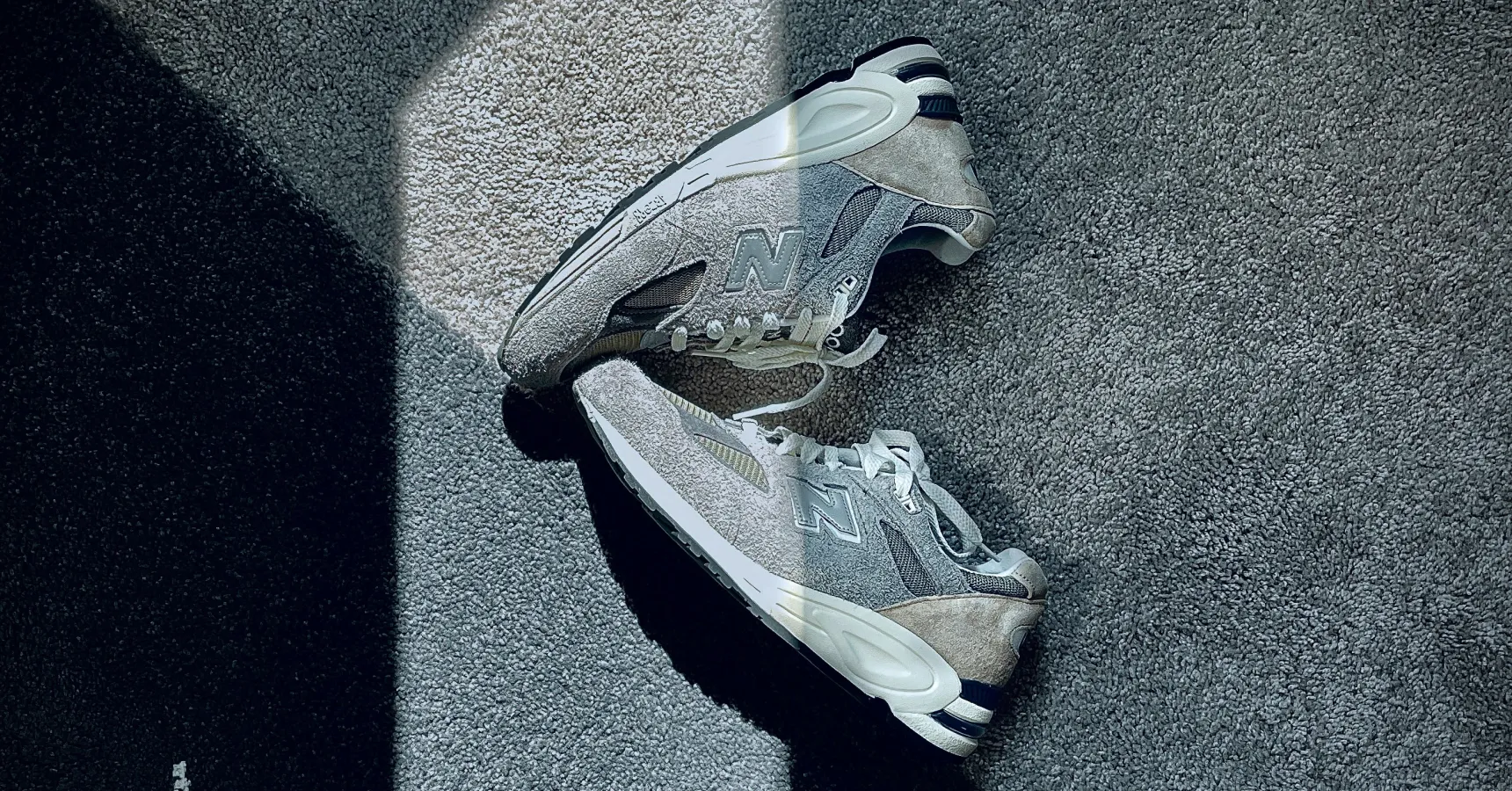
New Balance stands out for sizing consistency and emphasis on comfort, making it a favorite among people who walk a lot or want shoes that last.
Vans
Vans is rooted in skateboarding and street culture, making it synonymous with laid-back, everyday style. Sneakers like the Old Skool or Slip-On are easy to wear with almost any outfit. Vans focuses on versatility and self-expression, appealing to those who value casual, stylish footwear without the hype of performance metrics.
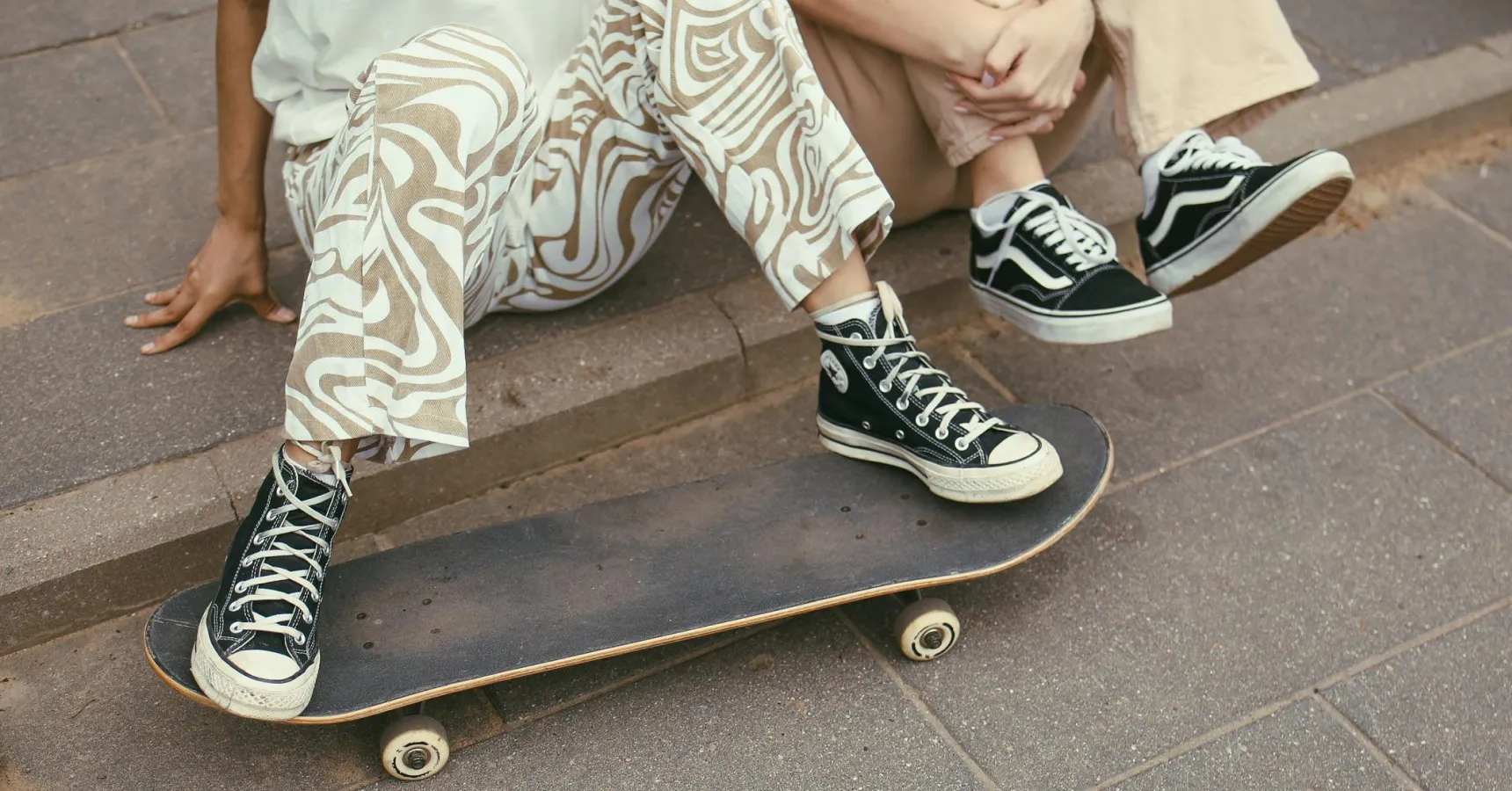
Converse
Converse, especially the Chuck Taylor All Star, is one of the most enduring sneaker brands in history. With over a century of heritage, Converse blends classic design with cultural relevance. Its simple silhouettes are incredibly versatile, pairing effortlessly with different fashion styles.
While less performance-oriented, Converse remains a staple for anyone looking for timeless, recognizable sneakers.
Together, these five brands represent the benchmark of quality, style, and influence in the sneaker world. Understanding their strengths – whether it’s innovation, comfort, or heritage – helps you make more informed choices when shopping.
Niche and emerging brands to watch
Not every great sneaker comes from a household name. Some of the most exciting designs today are from niche sneaker brands that push boundaries, experiment with materials, or blend fashion and function in unexpected ways. These smaller players often bring fresh ideas that big brands haven’t tried yet.
Take On, for example. This Swiss brand started as a performance running company, but its minimalist design and unique cushioned soles have made it a lifestyle favorite too. Or HOKA, which gained attention for ultra-cushioned running shoes. At first, it seemed over-the-top, but the comfort and support quickly won over casual wearers and runners alike.
Then there’s Eytys, a fashion-forward label known for chunky soles and bold silhouettes. It’s less about performance and more about making a statement, appealing to those who want sneakers that turn heads. Similarly, brands like Flower Mountain focus on hand-crafted details and vintage-inspired designs, attracting sneaker fans who value artistry over mass production.
Why pay attention to these brands? Smaller labels often release limited runs, giving you something unique without the crowd wearing the same pair. Plus, exploring niche brands can help you discover a style that perfectly matches your personality, rather than settling for whatever is trending.
Keeping an eye on emerging names also shows you the direction the industry is moving. Many ideas from niche brands eventually influence bigger labels, from sustainable materials to bold design choices. So, following these innovators isn’t just about owning rare sneakers – it’s about understanding the next wave in sneaker culture.
Sneaker shopping 101: How to compare brands
Picking sneakers isn’t just about going for the logo that looks best on your feet. With so many styles and names out there, having a simple way to compare them makes all the difference. Here’s how to do it smartly.
1. Comfort & fit
Let’s start with what matters most – how they feel. Some brands design for cushioning and softness, others for structure or arch support. Try them on when possible, or read sizing notes online. Remember, sizing isn’t universal – a size 9 in Nike might feel snug compared to New Balance.
2. Materials & build quality
What your sneakers are made of says a lot about how long they’ll last. Leather, mesh, suede, or knit all have different strengths. Good materials breathe better, flex naturally, and hold up longer. You don’t need to chase luxury – but avoiding flimsy construction saves you from early wear and tear.
3. Style & everyday use
Your sneakers should match you. Do you lean toward minimalist looks, bold colors, or vintage designs? Some labels nail the “wear-anywhere” vibe, while others shine in streetwear or performance settings. Think about your routine – city walks, office commutes, workouts – and let that guide the design you pick.
4. Value for money
Price alone doesn’t define quality. Sometimes you’re paying for tech and comfort; other times, it’s branding or exclusivity. The trick is finding the sweet spot between performance, looks, and how often you’ll actually wear them. A slightly pricier pair that lasts two years beats a cheap one that falls apart in six months.
5. Ethics & sustainability
If you care about impact, pay attention to what brands are doing behind the scenes. Many now use recycled plastics, vegan materials, or low-waste manufacturing. Even if sustainability isn’t your top concern, it’s a good sign when a brand invests in responsible practices – it often reflects overall quality and attention to detail.
When you compare sneakers with these points in mind, you make choices that fit your lifestyle instead of chasing trends. You’ll know exactly what you’re paying for and why it matters.
Trends shaping sneakers in 2025 and beyond
Sneakers evolve just as fast as fashion – and sometimes faster. Knowing where things are headed helps you buy with confidence and spot future classics before everyone else does.
Performance blends with everyday wear
The line between sports shoes and casual sneakers is fading fast. Running-inspired designs now fit right into streetwear, giving you the same comfort tech athletes rely on, just in a sleeker package.
Sustainability as standard
Eco-friendly production isn’t a bonus anymore – it’s expected. Major brands are cutting waste and rethinking materials, while smaller ones are going fully plant-based or carbon-neutral. The takeaway: sustainability is no longer a niche – it’s the new norm.
Retro revival
Old-school silhouettes are back. We’re seeing reissues of early-2000s and even ‘90s designs, but with better cushioning and materials. It’s a mix of nostalgia and innovation that gives classic looks modern comfort.
Niche creativity
Independent sneaker labels are still where the most interesting ideas start. From unexpected color mixes to unusual materials, these smaller players test concepts that often inspire the big brands later on. Watching what they do can tell you a lot about where sneaker culture is heading next.
Collabs that count
Collaborations remain huge, but not just for hype. Brands now team up with artists, designers, and even tech innovators to bring fresh thinking to sneaker design. The result? Shoes that feel like wearable art – collectible, expressive, and conversation-starting.
Sneakers are no longer just functional gear. They’re cultural markers, personal statements, and reflections of what’s next. When you understand these shifts, you don’t just follow trends – you anticipate them.
Summary and takeaways
Sneaker shopping doesn’t have to feel overwhelming. Understanding the sneaker landscape helps you make choices that suit your lifestyle, comfort needs, and style preferences. Major players like Nike, Adidas, and New Balance set the benchmark with performance, heritage, and versatility. Meanwhile, niche and emerging brands offer innovation, bold designs, and limited runs for those who want something different.
When comparing brands, remember to consider comfort, materials, style, heritage, price, and sustainability. Watching trends – like retro revivals, eco-conscious production, and lifestyle‑meets-performance models – keeps you ahead of the curve. At the end of the day, your ideal pair isn’t just about logos or hype – it’s about what feels right for you.
Turn your sneaker passion into a business with dropshipping
You’ve explored today’s sneaker scene, learned what makes Nike, Adidas, and New Balance stand out, and maybe even discovered a few niche favorites. But what if you could take that passion a step further – and turn it into a business that actually earns for you? That’s where dropshipping comes in.
Dropshipping allows you to sell products online without keeping any inventory. You don’t worry about packing, shipping, or stocking shelves. Instead, you run an online store, share your curated sneaker selections, and when someone buys, the supplier handles fulfillment. Your focus? Connecting with customers, sharing what you love, and growing your store.
Launch a sneaker store with AliDropship
Here’s the exciting part: you don’t even need to start from scratch. With AliDropship, you can get a fully built, ready-to-go online store – complete with a legend footwear collection featuring Nike, Adidas, and New Balance. You get automation tools, product bundles, and access to a support team that helps you hit the ground running.
Check out what comes with your AliDropship store to get your business up and running effortlessly:
- Ready-to-go turnkey store: Professionally designed, preloaded with curated fashion items, and equipped with built-in automation so most of the heavy lifting runs on autopilot.
- Automated promotion: No marketing experience required; the system helps drive attention to your products automatically.
- No tech headaches: Forget compatibility issues or hunting for multiple apps; everything works seamlessly together.
- Showcase premium sneaker brands from day one: Your store is prepared to highlight top names and start selling immediately.
- Try before you commit: Explore the platform, test automation, and see your store in action with minimal risk.
This is a chance to take the knowledge you’ve gained about sneakers and turn it into a real, operating business – all with minimal tech stress. With AliDropship, you can start sharing the sneakers people love while building a business that grows alongside your passion. It’s simple, professional, and designed for people who want to start smart, not start from zero.
Turn your sneaker passion into profit! 🚀 With AliDropship, sell what you love – your ready-made store does the hard work so you can focus on growth.
